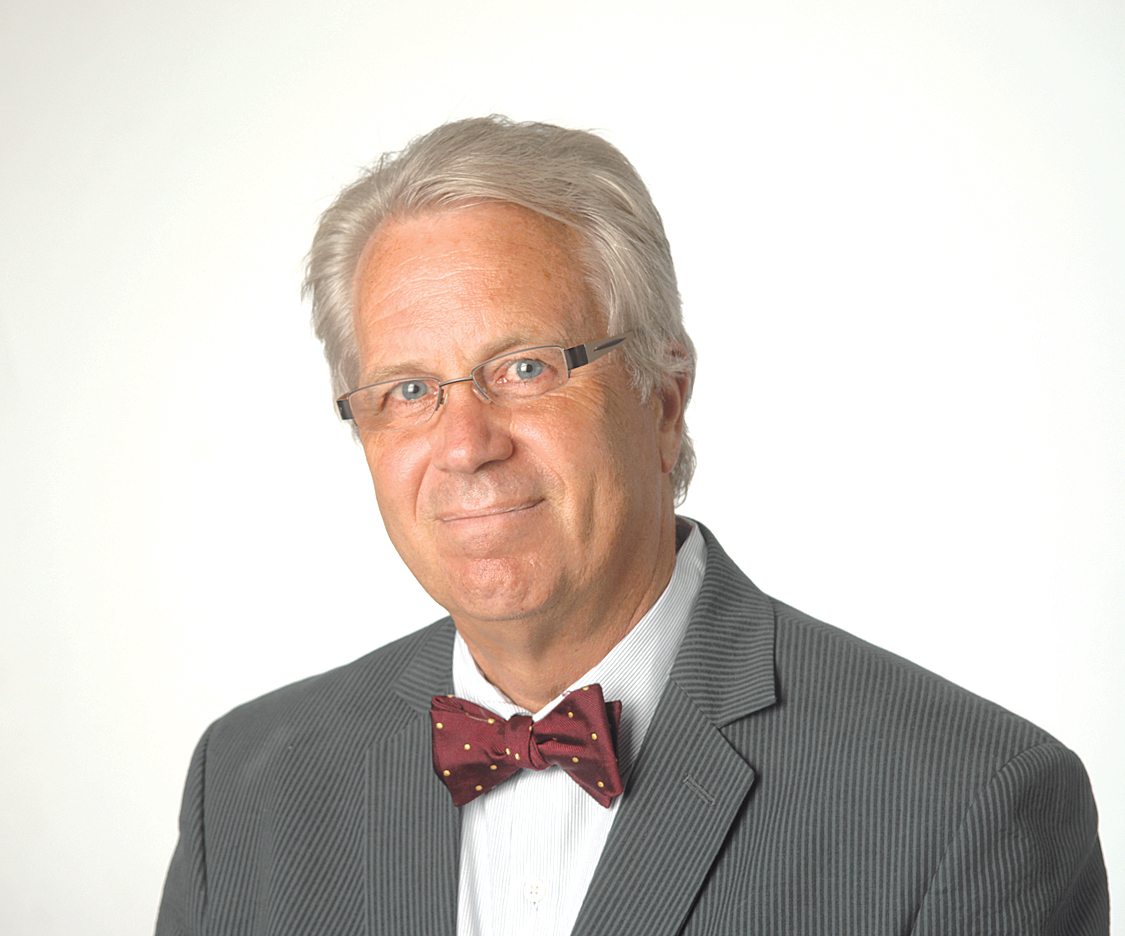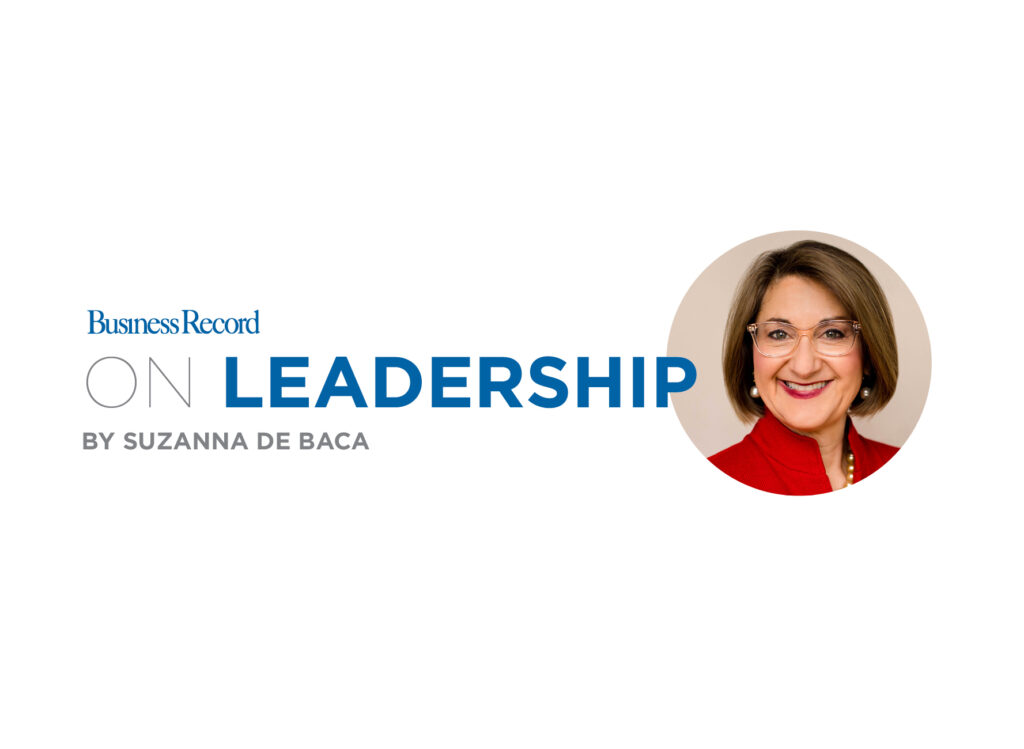The Elbert Files: Local elections

Dave Elbert is on assignment and will take a brief hiatus on his weekly column. The Elbert Files will resume in a few weeks.
City council and school board races in Iowa are traditionally nonpartisan. With one exception, party affiliations don’t appear on ballots for city council or school board elections; Davenport is the only Iowa city that identifies candidates by their political parties.
Keeping partisan politics out of local races has worked well for most communities, but I’m not sure how much longer that will last.
In this day of hyper-partisanship at the state and national levels, party biases are increasingly creeping into local races.
At this point, it’s hard to say who is to blame. Depending on whom you ask, responses range from, “Oh, that doesn’t happen here” to “They started it.”
Rep. Jennifer Konfrst, the Democratic minority leader in the Iowa House, points out that Republicans control Iowa’s entire Congressional delegation, hold five of six state executive offices, including governor, and have solid majorities in both houses of the Iowa Legislature.
That puts Democrats at a huge disadvantage, she said, arguing Democrats need to identify and promote strong candidates for local offices, if they ever hope to become competitive on a statewide basis again.
When I asked Polk County Auditor Jamie Fitzgerald what he thought, he said he sees more activity by both parties in local races than he did a decade ago. That’s especially true in recent elections in the suburbs, he said, where you are more likely to see candidates “running as teams.”
The most obvious example, Fitzgerald said, is Moms for Liberty, a conservative organization that supports candidates who favor using public funds for private school tuition and who oppose teaching curriculums related to the history of certain minority groups or human sexuality.
Moms for Liberty was founded in 2021 in Florida and has chapters nationwide, including Polk, Warren and Dallas counties in Iowa. The group’s leaders in Johnston and Ankeny are involved in the presidential campaign of Ron DeSantis, Florida’s Republican governor.
Separately, the Family Leader, a right-leaning evangelical group led by one-time Republican candidate for governor Bob Vander Plaats has endorsed four Johnston school board candidates.
And that could be significant because among all the school boards in Polk County, the most competitive races this year are in Johnston and Ankeny. Eight candidates are vying for four at-large seats in each suburb. In both cases, there are nearly equal numbers of candidates whose voter registration shows them as Republicans and Democrats.
Of course, party affiliations do not appear on election ballots, but in most cases, it is reasonable to assume that many voters in those two school districts also know by now which candidates identify with which party.
That has been the case in Des Moines city elections for most of four decades.
I can recall only two significant candidates for Des Moines mayor in that time who were registered Republicans: Christine Hensley, who was defeated by Frank Cownie in 2003, and Jim Cownie, Frank’s cousin, who was defeated by Preston Daniels in 1997.
Both Frank Cownie and Daniels are Democrats. Both benefited significantly from work done by party functionaries in their elections.
A list of party affiliations for this year’s Des Moines council races reads like a Democratic caucuses list. Fourteen of the 18 candidates running for council or mayor are registered Democrats; one is a Republican and three are registered independents. Three of the four candidates for mayor, including front-runners Connie Boesen and Josh Mandelbaum, are Democrats.
The suburbs are pretty much the opposite. Among 64 suburban candidates, 31 are registered Republican, 20 are Democrats and 13 are independents or Libertarians.
The real story in the suburbs is the lack of real races.
In the majority of cases, the number of candidates running is exactly the same as the number of positions up for election, meaning everyone who runs wins.
Notable exceptions are West Des Moines, where two candidates (a Republican and a Democrat) are running for one at-large seat; and Polk City, where five candidates (two Democrats, two Republicans and one independent) are running for three at-large seats.
One other unusual situation involves Urbandale, where all three candidates for three at-large city council seats are registered Democrats.

Dave Elbert
Dave Elbert is a columnist for Business Record.






